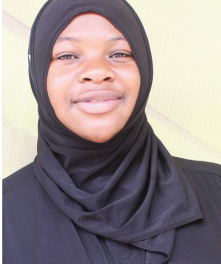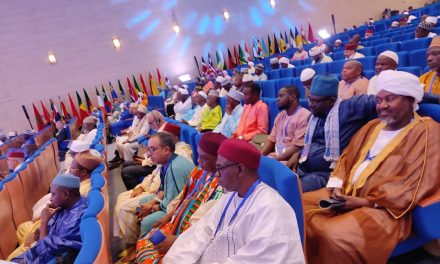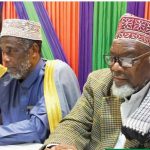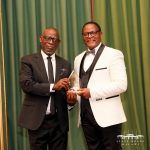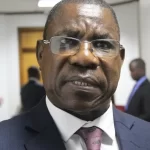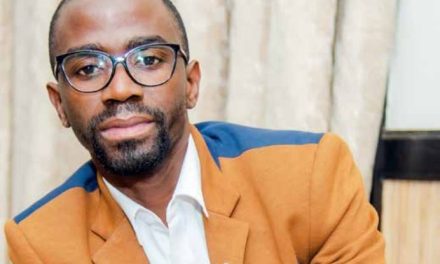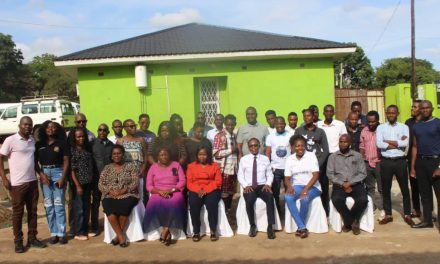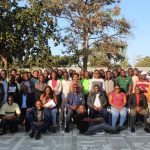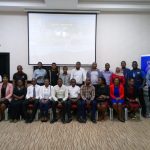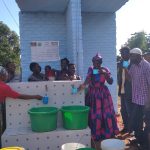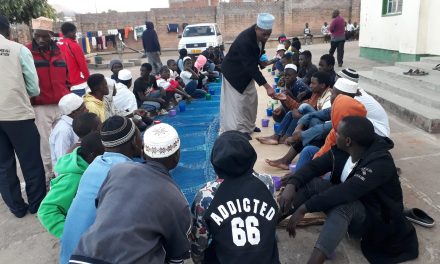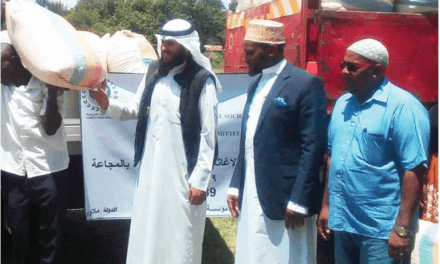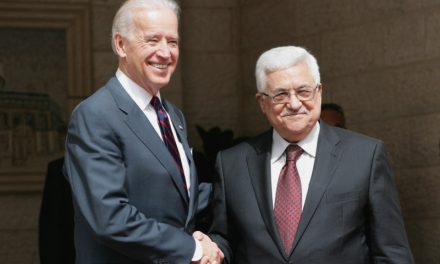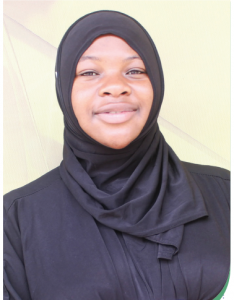
Electrol Reforms Bill Debate
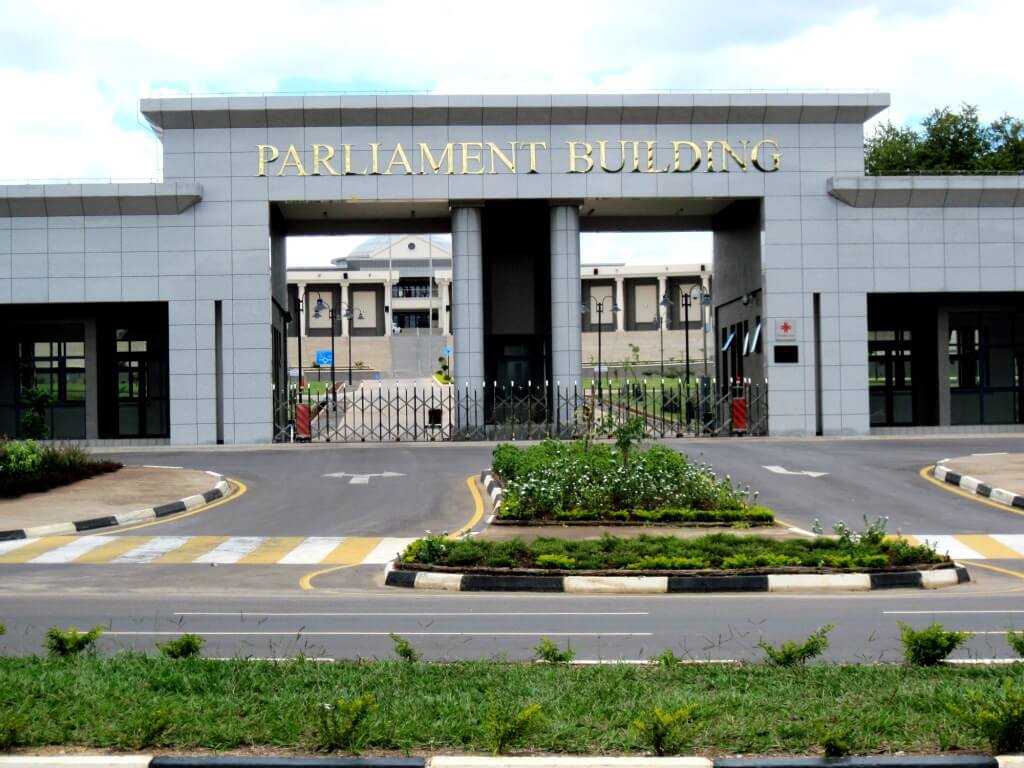
As a matter of ensuring that Malawi does not repeat the bad experiences of a chaotic electoral process in 2014, a team of stakeholders have been engaged in order to give a policy direction on how best future elections would be managed.
The Stake holders formed a Task force members committee comprising of the Malawi Electoral Commission (MEC), Malawi Electoral Support Network (MESN), Ministry of Justice and Constitutional Affairs, Malawi Law Commission, Malawi Human Rights Commission (MHRC), National Initiative for Civic Education (NICE), United Nations Development Program (UNDP), Public Affairs Committee (PAC), National Democratic Institute (NDI), Centre for Multiparty Democracy (CMD), NGO Gender Coordination Network, Ministry of Local Government and Rural Development.
“The main appetite for election reform in Malawi is driven by the need to achieve democratic progress through credible and genuine elections. A level playing field must be the reality for all participants (citizens, voters, candidates and parties) in the election competition. These proposed election reforms have been shaped with this goal in mind: not to tip the field in any direction, but to improve the election process for all.
“The National Election Task Force convened following rounds of consultations with the public after Malawi’s 2014 inaugural tripartite elections. Founded on issues raised by grassroot voices the Task Force has collected, integrated and analyzed the reforms through various consultative and expert groups, as well as a peer review mechanism.
“The Task Force’s work is grounded in four principal objectives: to enhance political legitimacy, inclusiveness and representativeness in the elections of all officials; to improve the coherency, integrity and adequacy of Malawi’s electoral legal framework; to improve the impartiality, effectiveness and credibility of election administration and management; and, to improve civic competence of citizens on electoral matters,” said the Taskforce while issuing out its final report.
And on Thursday, November 23, 2016 Opposition Malawi Congress Party (MCP) Member of Parliament for Lilongwe South, Peter Dimba tabled a motion seeking Parliament’s permission to bring a private member’s Bill to support the electoral reforms. This marked the journey into officiating the Electoral Reforms, as proposed by a Special Law Commission on electoral reforms.
Among others, The Bill seeks to shifting to 50-plus-one system of electing the President of the Republic of Malawi from the current first-past-the-post and the amendment of electoral laws.
The legislation also wants no media house to announce un-official election results before reaching the authorized and established tally centre.
In the electoral reform recommendations, stakeholders, among others, recommended the amendment of the Parliamentary and Presidential Elections Act and the Local Government Elections Act to be integrated into a single Election Act.
Further, the reforms propose a law to allow better management of the transition from polling day to the inauguration of the President and Vice-President to ensure sufficient time for a petition to be resolved prior to inauguration.
The stakeholders also called for amendment of Section 77 of the Constitution to establish the age of voter eligibility to be 18 years of age or older, on the day of the election and on polling day as well as Section 67(1) of the Constitution for general elections to be conducted in September rather than May. Other recommendations include empowering MEC to issue subsidiary legislation: in line with international best practices, MEC should be empowered to issue Regulations on its key areas of competence and the election process under the Electoral Commission Act.
The stakeholders also recommended financing of political campaigns be legislated to ensure transparency and accountability.
Recommendations were to establish a specific offence for vote buying (whether by handouts or other means) to be included in the election laws, as well as the Corrupt Practices Act to deter vote buying and staggered announcement of results as follows; seven days for the President, 14 days for National Assembly and 21 days for local councils.
According to the mover of the motion, Dimba: “With these reforms all we want to achieve is excellence in how elections are managed.”
But of the 14 recommendations- that culminate into six bills- it is the 50+1 component that promises to swirl controversies on the political scene.
Meanwhile, as a number of stakeholders continue to pressurize Parliament to debate the Bills, Government says out of the 6, only two bills are ready for tabling this week.
Leader of Government Business in Parliament Kondwani Nankhumwa told a local newspaper on Monday, November 4 that the two Bills to be put to the Business Committee are the Electoral Commission and Referendum.
Said Nankhumwa: “Government underestimated the amount of work that would go into making the Bills ready for Parliament. But two have gone through the cabinet plenary and will be taken to the Business Committee.

